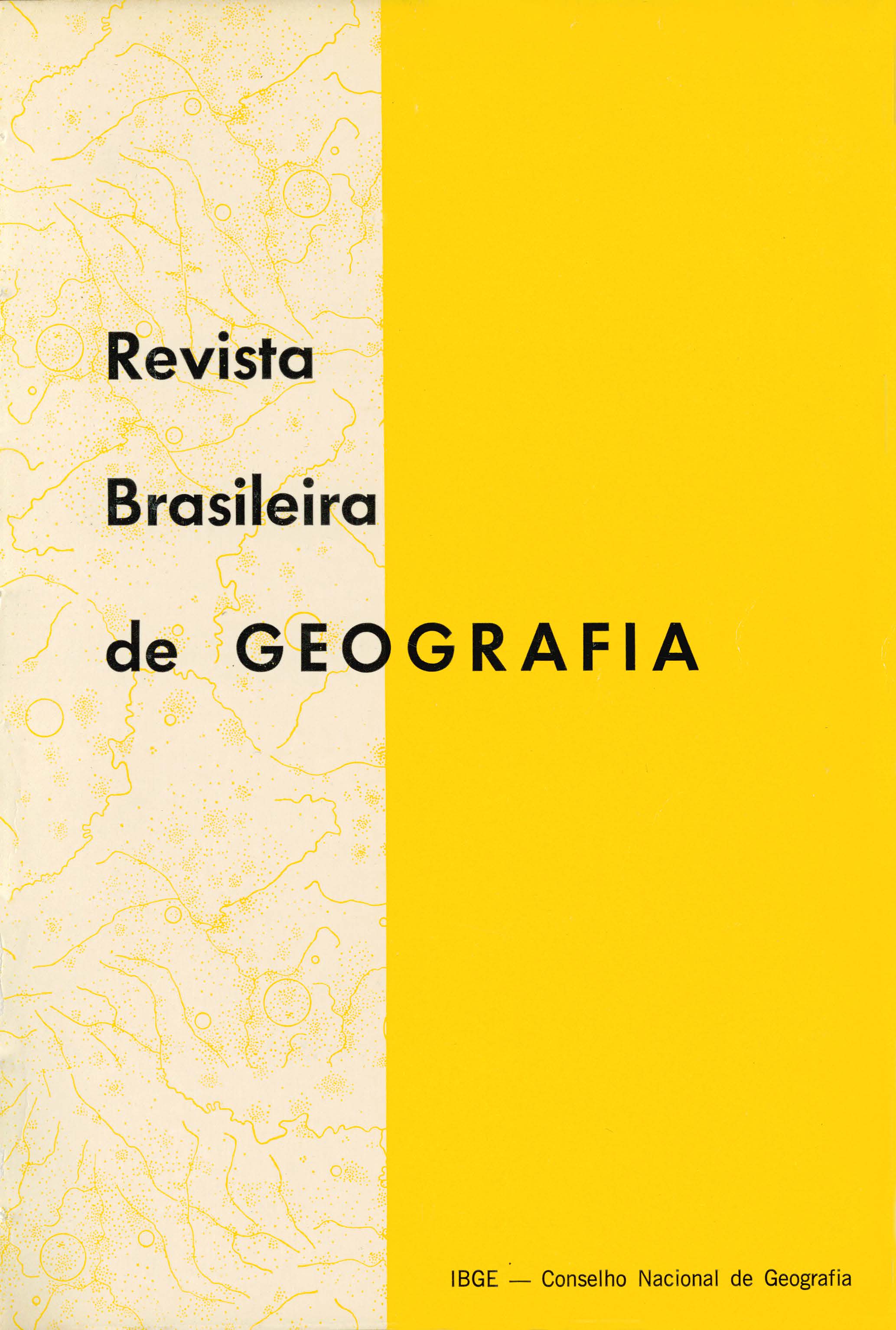A Conservação da natureza ante a exploração econômica da Amazônia
Palavras-chave:
Amazônia, Recursos naturais, Ecologia, Conservação da natureza, DesmatamentoResumo
The great and rapid increase of modern civilization results directly in the discovery and appliance of techniques ever more efficient in the exploration of the natural resources, which are reducing gradually. This reduction, however, is not irreversible and may be controlled if peoples and governments, alerted to their interrelation with the natural resources, recognize the need to use appropriate methods to explore and preserve them.
The constant increasing conscientiousness of its importance has influenced many national Governments to take a series of conservationist measures. Brazil has been present at several International Meetings about the Conservation of Nature and Natural Resources, and are trying to create a conservationist legislation and substructure.
Such conscientiousness is nowadays so considerable that it contests the traditional conception of development of industrial civilizations, based upon a continuous expansion, in which economic and social problems are submitted only to engineering and economic solutions. In opposition to this concept the Ecologists believe in progress only if it develops in a sense of natural equilibrium. This is the conservationists concept. While for the first concept the economic-social development is antagonistic to Natural Conservation and consequently to natural equilibrium, the second one tries to prove that development must be processed interrelated with laws and principles that govern the natural equilibrium.
This controversy has pointed out two questions: should the economic exploration of Amazonia be realized or not? Should it be done under any condition or only under those granted by the Conservationists? In the case of the former what will happen to its forest biota?
Based on the fact that its vegetation grows in a perfect ecological equilibrium, and that its progressive deflowering leads to deep changes in the actual conditions of its bio-type and consequent deterioration of its biotic communities, we can understand the justified worries of the conservationists. The idea of a reconversion of the forest biota of Amazonia into a desert biota, according to the Conservationists, is not acceptable, even as merely a scientific hypothesis. The hypothetical extermination of the virgin forest of Amazonia must be accompanied by the hypothesis of its conservation in a type of secondary forest, since the climatic characteristics of this region - warm, superhumid or humid throughout the year - has little bearing on the predominant forms of life of its present vegetation. Thus it will assure most probably the return of the forest, less probably its occupation by the cerrado, and never its conversion into a desert land.






